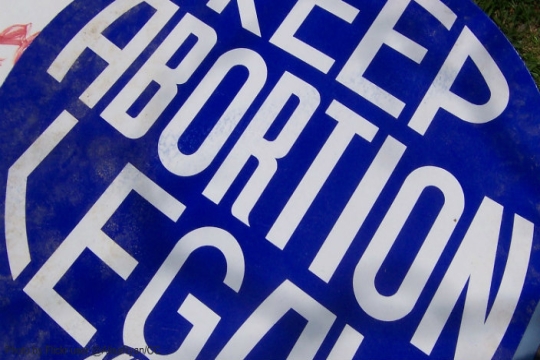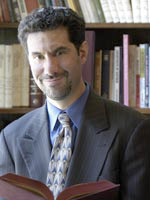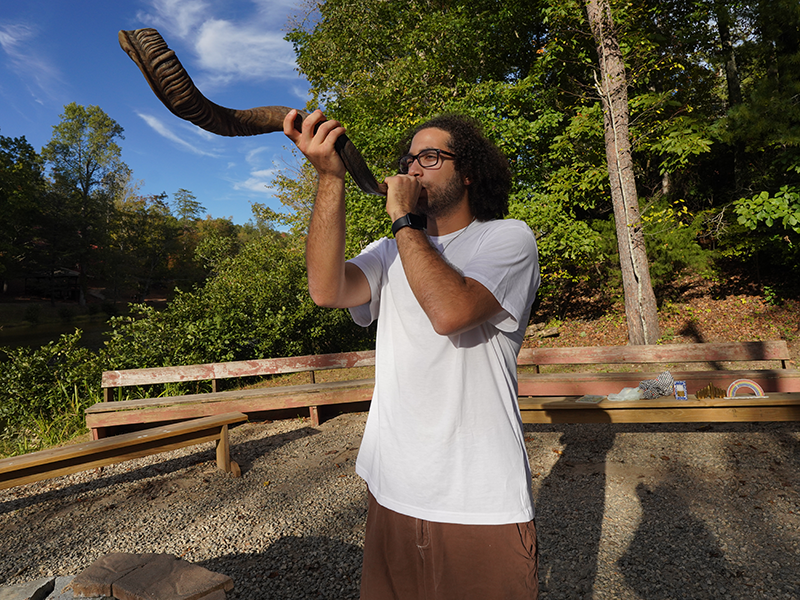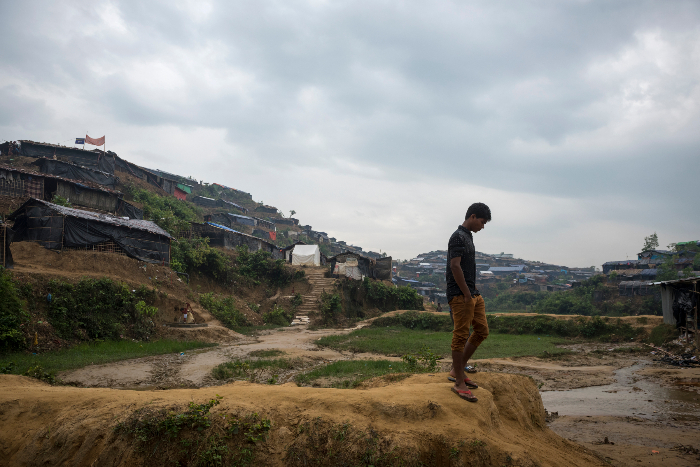
This year, the lessons of Purim feel truer than ever.
This pandemic will not prevent us from celebrating Purim (socially distanced, of course). But Purim needs to be more than celebrated; it needs to be observed. To observe Purim is to protest ethnic cleansing and genocide.
As Jews, we know – viscerally, painfully – that religious freedom is not a lesson from ancient stories, but an ongoing quest even today. While many of us are fighting antisemitism in our home countries, we are also in solidarity with the Rohingya people, a predominantly Muslim ethnic minority in Burma (Myanmar), who have been persecuted for decades.
Violence against the Rohingya escalated to a genocide in 2017, causing more than 700,000 Rohingya refugees to flee to Bangladesh. In the wake of the military coup that overthrew Burma’s democratically elected government just a few weeks ago, the Rohingya people’s dreams of one day returning to their homeland grows fainter. This is the same military who, for years, has been carrying out genocidal violence against the Rohingya people and oppressing other ethnic minorities.
Right now in Burma, people from all ethnic backgrounds are joining together in civil disobedience in response to the coup, and their methods look familiar: People are taking to the streets banging pots and pans. The videos of these peaceful, noisy protests are inspiring. Ordinary people are making noise. When we listen to a m’gillah reading on Purim, we rejoice in shaking our groggers when we hear Haman’s name, making noise to express our solidarity with each other, and to find joy even in the midst of recalling painful stories. People all over Burma are making noise now – and though they may not be using groggers, we are connected to them just the same.
With holidays like Purim to bolster us and our people’s recent history to ground us, Jews today know deeply the importance of standing with and for people who face genocide and state-sanctioned persecution because of their religion. The suffering, mass murder, and forced displacement of the predominantly Muslim Rohingya community speaks deeply to us and compels us to act. We know we need to make noise.
The Union for Reform Judaism and the Central Conference of American Rabbis are members of the Jewish Rohingya Justice Network, a network of 30 Jewish organization staking action against the ongoing persecution of the Rohingya.
Holocaust survivor, author and Nobel Peace Prize laureate Elie Wiesel struggled with the problematic nature of Purim. How is it that a people who has suffered so greatly can make a holiday out of a state-sponsored genocide plot and the fighting that followed? Why is it that a people that values learning, wisdom, and fine distinctions created a custom calling on us to get so giddy that we cannot tell the difference between “blessed be Mordechai” and “cursed be Haman”?
What does it say about our love of justice that not only the villain, but his 10 sons, too, are killed once the king changes sides in the conflict? It doesn’t sound all that Jewish, does it? We were blessed to have Wiesel for as long as we did, but it would have been fascinating to read the insights he had to offer on the meaning of Purim during a pandemic. We inhabit a reality where wearing a mask is not reserved for holidays and parties but a discipline of daily life. Like the Persians of the Megillah, the American public has been fed misinformation about minorities while as recently as January antisemites and racists had ready access to the inner halls of power when they attacked the U.S. Capitol.
What would Wiesel, who spent Purim of 1945 in Buchenwald, struggling to stay alive for liberation a few weeks later, have to say about Purim 2021? We will never know the answer. What we do know is that Wiesel devoted his life’s work to bearing witness to genocide in the hope that future ones could be prevented. A modern-day prophet, he preached a message about the perils of apathy, complicity, and inaction. He told us to make noise when people are suffering because of their ethnicity, their religion. Like the prophets of old, his message was and remains all too often unheeded, and millions of people have paid the price.
Even in the midst of this joyful holiday, we mourn those lost to genocide. And we mourn those we have lost to the pandemic. We must bear witness to their deaths by making the world a more just and compassionate place. We must analyze the systemic failures that kept us from preventing more deaths and scrutinize the missed opportunities that would have saved more lives. So, too, we must be mindful that COVID-19 has not meant a hiatus from genocide and ethnic cleansing. The Rohingya face an uncertain future, as do the Uyghurs in China and the Yazidis in Iraq, who remain in peril while powerful nations procrastinate instead of using their power.
To follow Esther’s example requires us to use our privilege and our access to advocate for others rather than just worrying about ourselves. Thank you to the URJ, CCAR and the Jewish Rohingya Justice Network for giving American Jews a voice against modern-day genocide, so we can continue Wiesel’s work of bearing witness. Today, contact your members of Congress and ask them to move forward legislation that would hold the Burmese military accountable for ethnic cleansing and support the Rohingya people. When you shake your groggers at Haman’s name this Purim, picture the Burmese people shaking their groggers against modern-day Hamans, and feel the warmth of continued solidarity even across generations and continents. Wishing you a Purim of happiness, holiness, and hope.
Related Posts

Justice Within Reach
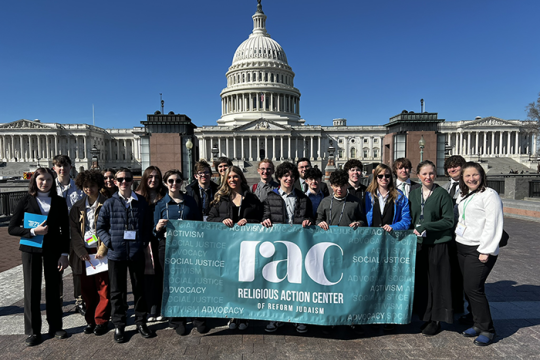
Highlights from the 2024-2025 L'Taken Season
